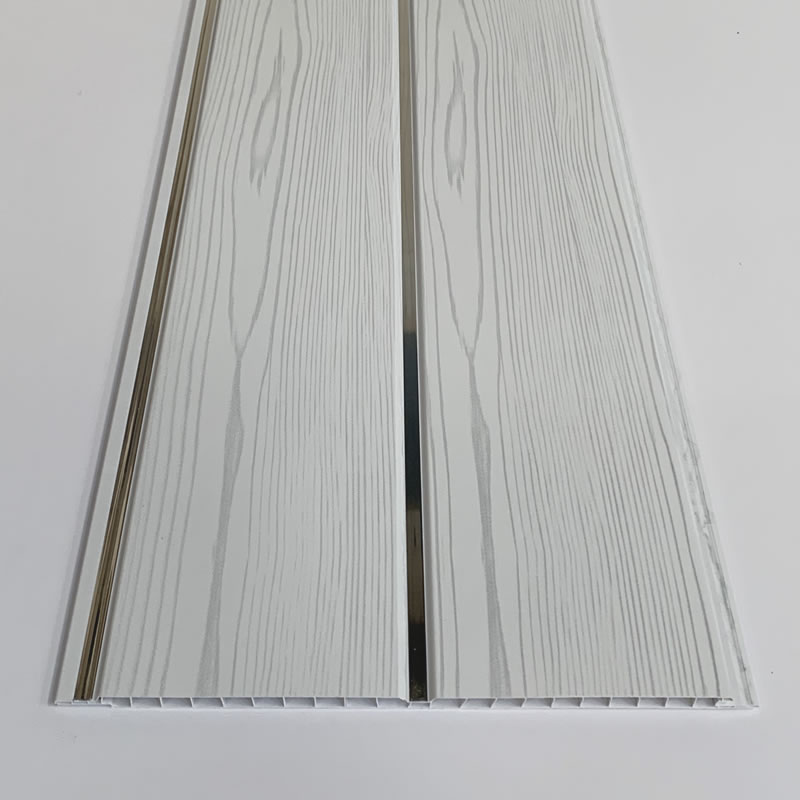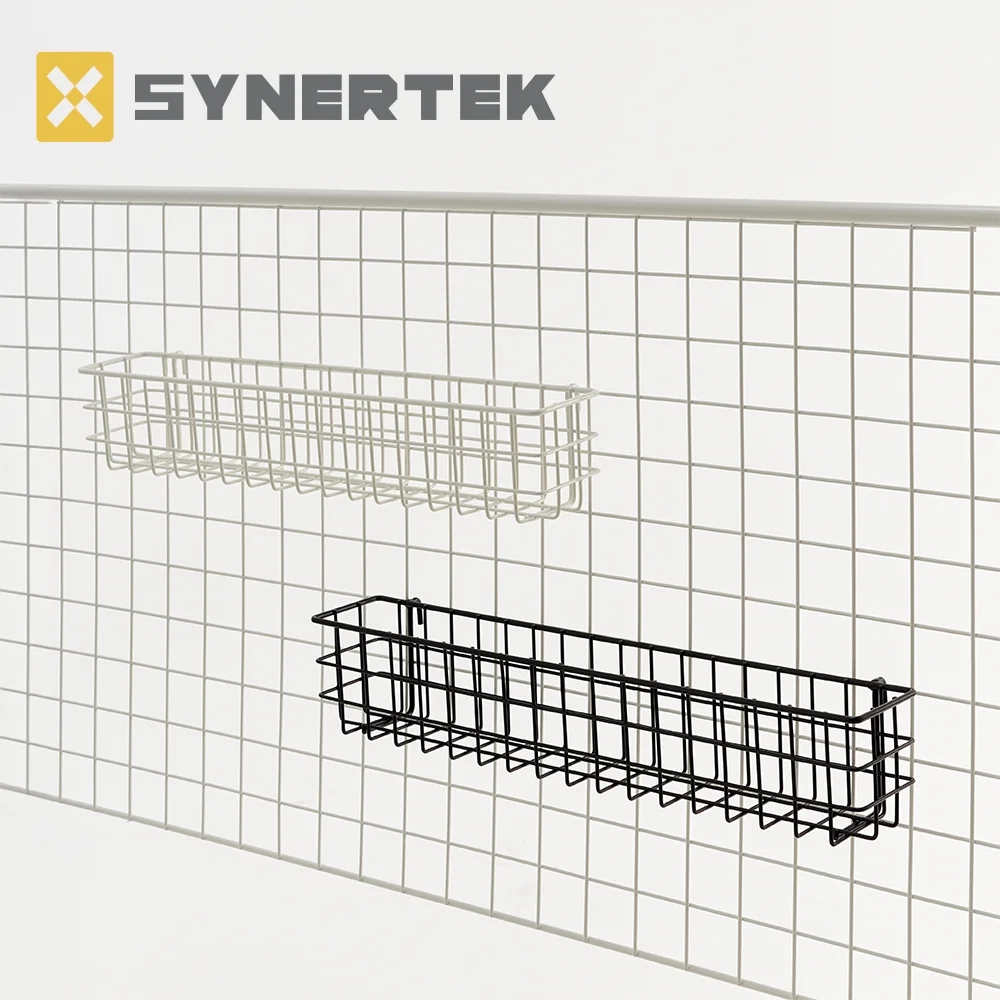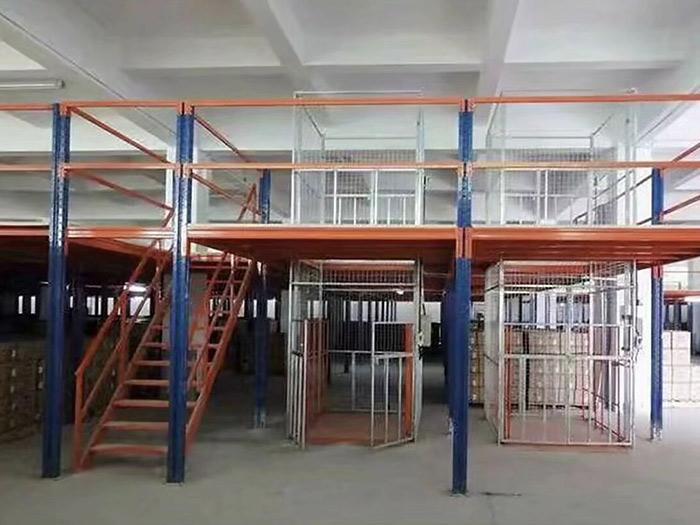Exploring the Pros and Cons of PVC Walls: A Comprehensive Analysis
2 min read
PVC walls, also known as polyvinyl chloride walls, have gained popularity in recent years as an alternative to traditional wall materials. In this blog post, we will delve into the pros and cons of PVC walls, providing you with a comprehensive analysis of their advantages and disadvantages. By understanding the various aspects of PVC walls, you can make an informed decision about whether they are the right choice for your specific needs.
- Durability and Longevity:
One of the key advantages of PVC walls is their exceptional durability. PVC is a robust material that can withstand wear and tear, making it ideal for high-traffic areas. Additionally, PVC walls are resistant to moisture, making them suitable for environments prone to humidity, such as bathrooms and kitchens. With proper maintenance, PVC walls can last for many years, providing long-term value. - Easy Installation and Maintenance:
Compared to other wall materials, PVC walls offer a hassle-free installation process. They can be easily cut, shaped, and installed, reducing both time and labor costs. Additionally, PVC walls require minimal maintenance. They are resistant to stains, scratches, and fading, making them easy to clean and maintain their appearance over time. - Versatility and Design Options:
PVC walls come in a wide range of designs, colors, and textures, allowing for endless customization possibilities. Whether you prefer a sleek and modern look or a more traditional aesthetic, PVC walls can be tailored to suit your style preferences. Furthermore, PVC walls can be easily painted or wallpapered, providing even more design flexibility. - Environmental Impact:
While PVC walls offer numerous benefits, it is important to consider their environmental impact. PVC is a synthetic material derived from fossil fuels, and its production process involves the release of toxic chemicals. Additionally, PVC is not biodegradable and can contribute to landfill waste. However, advancements in PVC manufacturing have led to the development of more eco-friendly options, such as recycled PVC or PVC with reduced chemical content. - Cost Considerations:
In terms of cost, PVC walls are generally more affordable compared to other wall materials, such as wood or stone. The lower initial cost, combined with their durability and low maintenance requirements, make PVC walls a cost-effective choice in the long run. However, it is essential to consider the quality of the PVC material to ensure optimal performance and longevity.
Conclusion:
PVC walls offer a range of advantages, including durability, easy installation, versatility, and cost-effectiveness. However, it is crucial to weigh these benefits against the environmental impact and potential drawbacks of PVC, such as its synthetic nature and limited biodegradability. By considering these factors, you can make an informed decision about whether PVC walls are the right choice for your specific needs.


